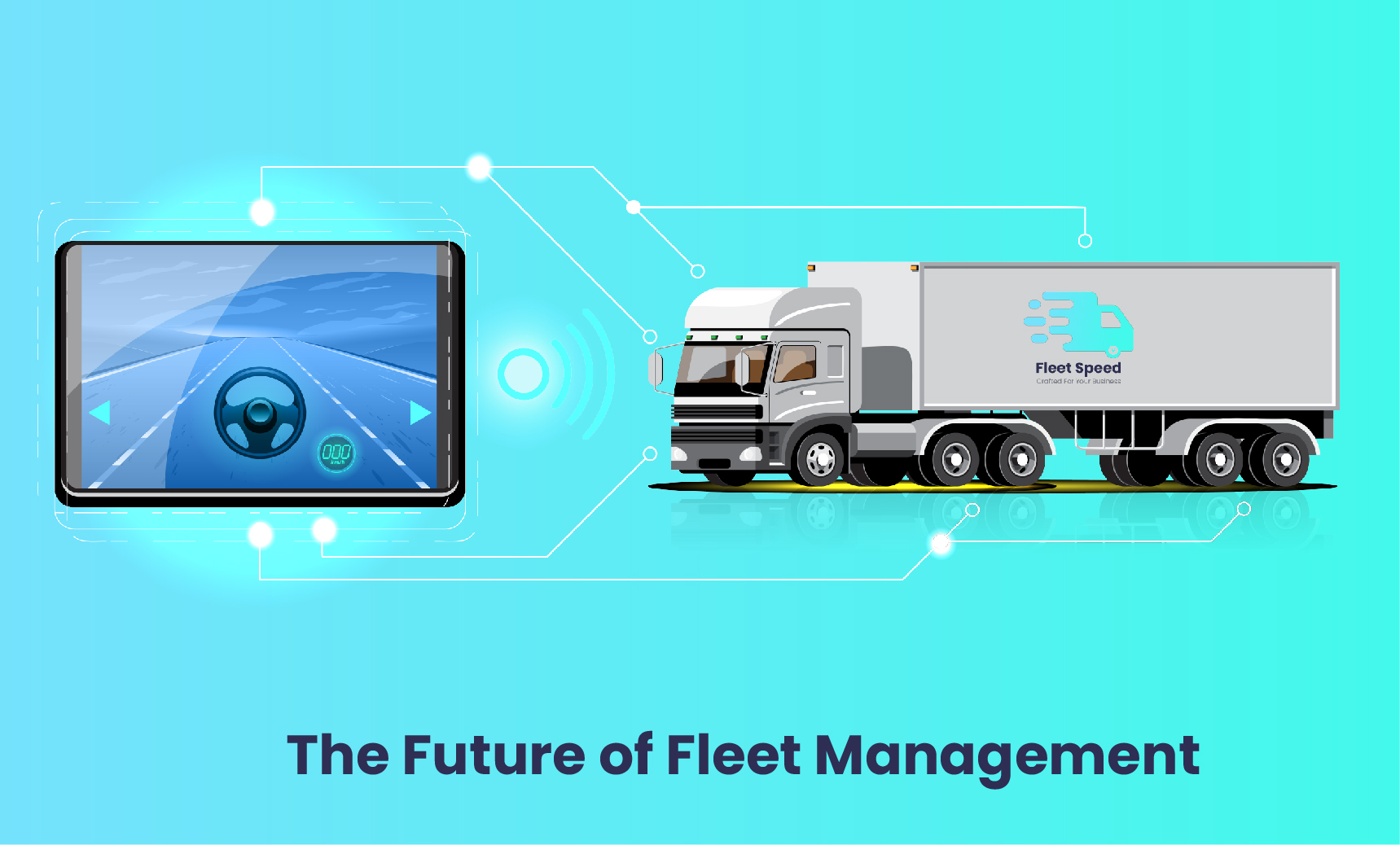
The Future of Fleet Management: Emerging Trends and Technologies
The fleet industry is undergoing a significant transformation, driven by rapid advancements in technology and a growing emphasis on sustainability and efficiency. As we step into the future, it's crucial for fleet managers to stay up-to-date with the latest trends and innovations in the field of fleet management. In this blog post, we will explore the emerging trends and technologies that are shaping the future of the fleet industry, including telematics, electric vehicles, automation, and sustainability initiatives.
Telematics: Revolutionizing Data-Driven Decision Making
Telematics has become a cornerstone of modern fleet management. It involves the use of technology to monitor and track various aspects of a fleet, including vehicle location, driver behavior, fuel consumption, and vehicle health. Telematics systems provide real-time data and insights, enabling fleet managers to make informed decisions that enhance efficiency and safety. From optimizing routes to improving driver behavior, telematics plays a vital role in the continuous evolution of the fleet industry.
Electric Vehicles (EVs): The Road to Sustainability
The transition to electric vehicles is a prominent trend in the fleet industry. Electric vehicles offer numerous advantages, including reduced fuel costs, lower maintenance expenses, and a smaller carbon footprint. As governments worldwide encourage the adoption of electric vehicles through incentives and regulations, fleet managers are exploring ways to integrate EVs into their operations. The shift toward electric vehicles is not only a sustainable choice but also a strategic one for long-term cost savings.
Automation: Towards Autonomous Fleets
Automation is rapidly changing the landscape of the fleet industry. Autonomous vehicles are being developed and tested with the goal of reducing driver workload, enhancing safety, and improving overall fleet efficiency. While fully autonomous fleets may still be on the horizon, various automation technologies, such as advanced driver-assistance systems (ADAS), are already in use. ADAS features, including adaptive cruise control and lane-keeping assist, are enhancing driver safety and reducing accidents. As automation continues to advance, fleet managers will have more tools at their disposal to optimize their operations.
Sustainability Initiatives: Reducing Environmental Impact
Sustainability is a top priority in the fleet industry, and businesses are actively implementing eco-friendly practices to reduce their environmental impact. This includes adopting alternative fuels, improving fuel efficiency, and embracing sustainability initiatives. In addition to electric vehicles, fleets are exploring options like compressed natural gas (CNG) and hydrogen-powered vehicles. Furthermore, many organizations are investing in initiatives to reduce waste, lower emissions, and minimize their carbon footprint. These sustainability efforts not only align with environmental goals but also appeal to eco-conscious customers.
In conclusion, the future of fleet management is marked by an exciting array of trends and technologies that are reshaping the industry. Telematics is revolutionizing data-driven decision making, electric vehicles are driving sustainability, automation is paving the way for autonomous fleets, and sustainability initiatives are reducing the environmental impact of fleet operations. Staying ahead of these emerging trends and technologies is essential for fleet managers to navigate the evolving landscape successfully.
As the fleet industry continues to evolve, fleet managers who embrace these innovations and trends will be better equipped to optimize their operations, reduce costs, enhance sustainability, and remain competitive in a rapidly changing world.